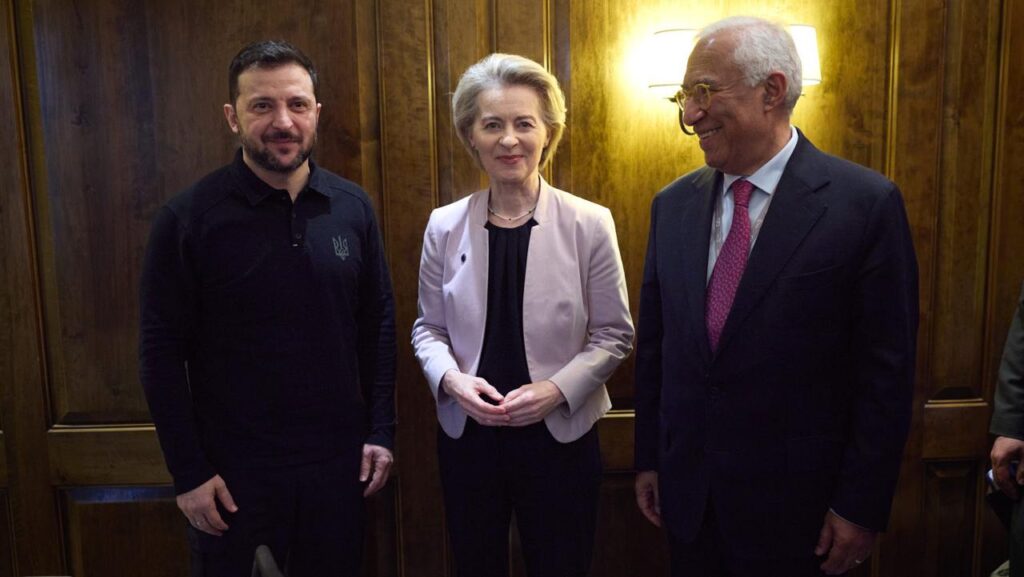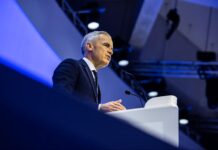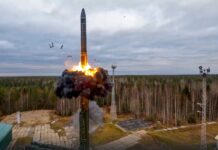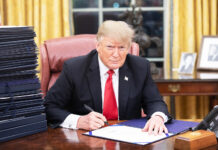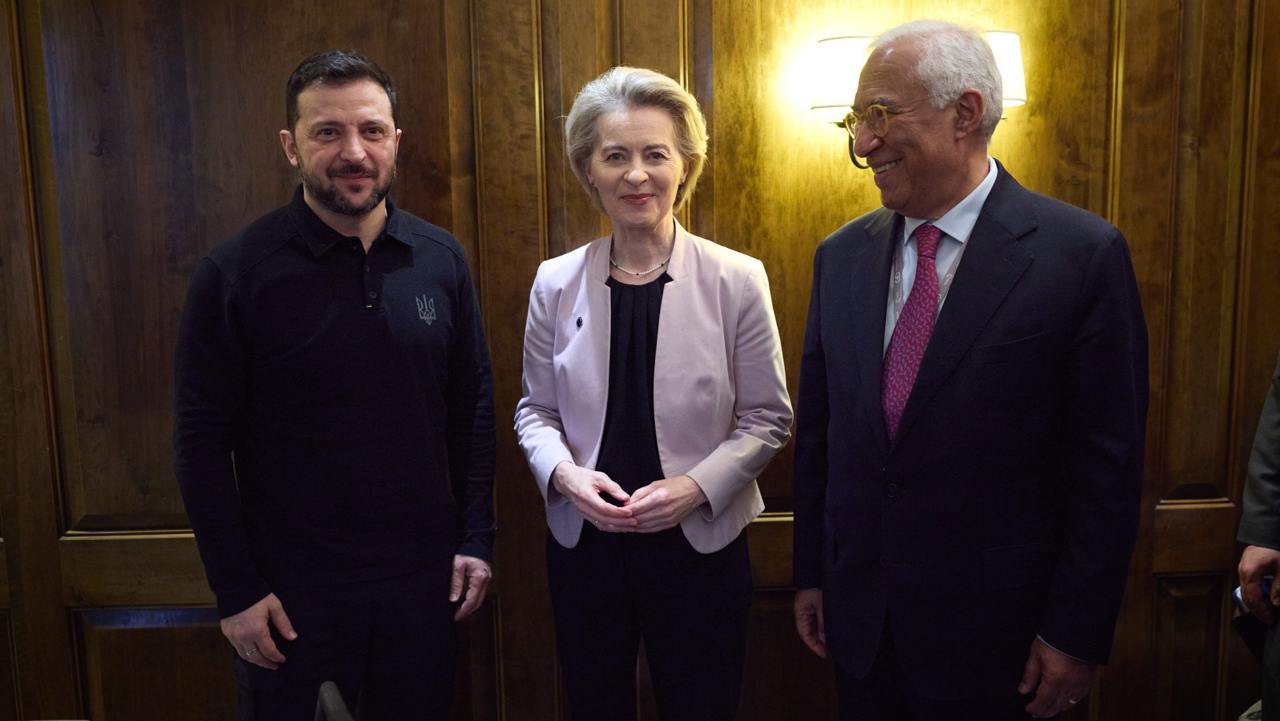
Kyiv’s worst fears materialise as Trump Administration clashes with Europe over Ukraine
Peter Felstead
As senior officials from the US Trump Administration engaged with European leaders in mid-February 2025, it became increasingly clear that Ukraine’s worst fears about lack of US support for a just resolution to Russia’s invasion of the country appear to be being realised.
The first indications of this came on 12 February before a meeting of the Ukraine Defence Contact Group in Brussels, when US Defense Secretary Pete Hegseth said that a return to Ukraine’s pre-2014 borders, before Russia invaded Crimea and eastern Ukraine, “is an unrealistic objective”. Hegseth also stated that Kyiv joining NATO is unrealistic and that the United States will no longer prioritise European and Ukrainian security as the Trump administration shifts its attention to securing its own borders and deterring war with China.
In response to that John Bolton, a veteran diplomat who served as national security adviser in US President Donald Trump’s first administration but who has since become a strong critic of Trump, told CNN on 13 February that Trump had “effectively surrendered to [Russian President Vladimir] Putin before the negotiations have even begun”.
Bolton said the terms laid out by Hegseth “constitute terms of a settlement that could have been written in the Kremlin.
“It’s a complete reversal on the US and NATO position on a number of issues,” said Bolton. “For example, up until today, the official American position was that Ukraine should be returned to full sovereignty and territorial integrity. That’s gone. The question of NATO membership, as far back as 2008, had been that ultimately Ukraine would become a NATO member. That doesn’t look like that’s around anymore either.
Bolton asserted that Putin “has scored a whole series of victories today. … he has now, it seems, exactly what he wants: Putin doesn’t want to negotiate with [Ukrainian President Volodymyr] Zelenskyy; he wants to negotiate with Trump because he thinks he’ll get more out of him, and he’s absolutely right.”
Bolton additionally remarked of Hegseth’s statements, “If you’re going into a negotiation you don’t announce what’s acceptable to you before it begins and give away positions”, while noting that Putin “hasn’t forgotten his lessons as a KGB agent manoeuvring an operative around”.
Meanwhile, European leaders reacted with considerable disdain after Trump announced on 12 February that he had conducted a phone call with Putin to discuss ending the war in Ukraine without involving Kyiv. On 14 February, for example, a Downing Street spokesperson said that UK Prime Minister Sir Keir Starmer had conducted a phone call with Zelenskyy in which he was “unequivocal that there could be no talks about Ukraine, without Ukraine” and that Ukraine is on an “irreversible path” to NATO membership.
Zelenskyy himself has emphasised that Ukraine will not accept any bilateral peace talks in which it did not participate. He stated at the Munich Security Conference on 14 February that he will only meet Putin for peace talks once a common plan with the US and European leaders has been agreed and that Putin is the only Russian official he is prepared to talk to about agreeing an end to the war in Ukraine.
